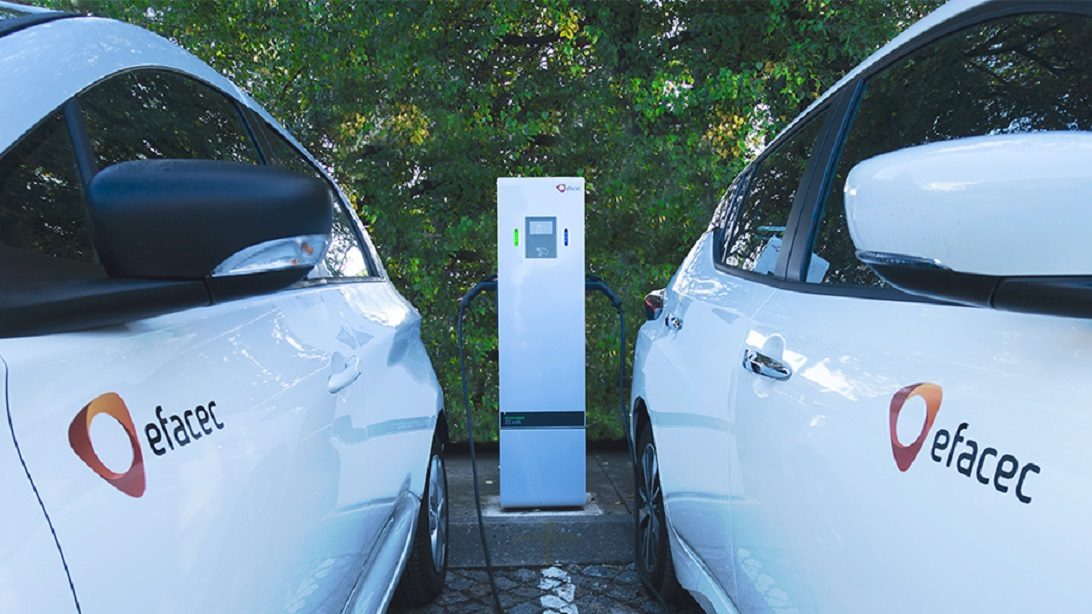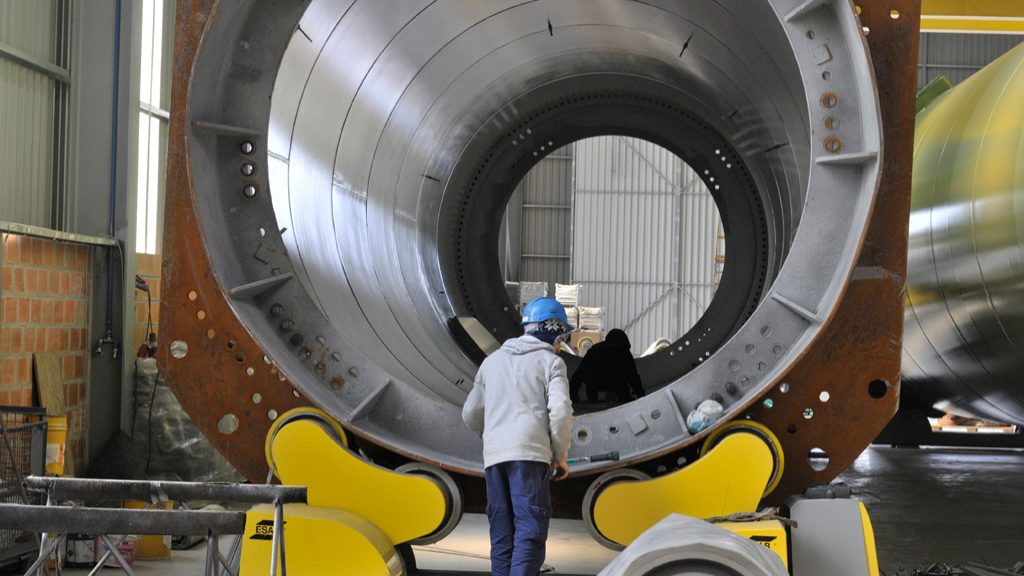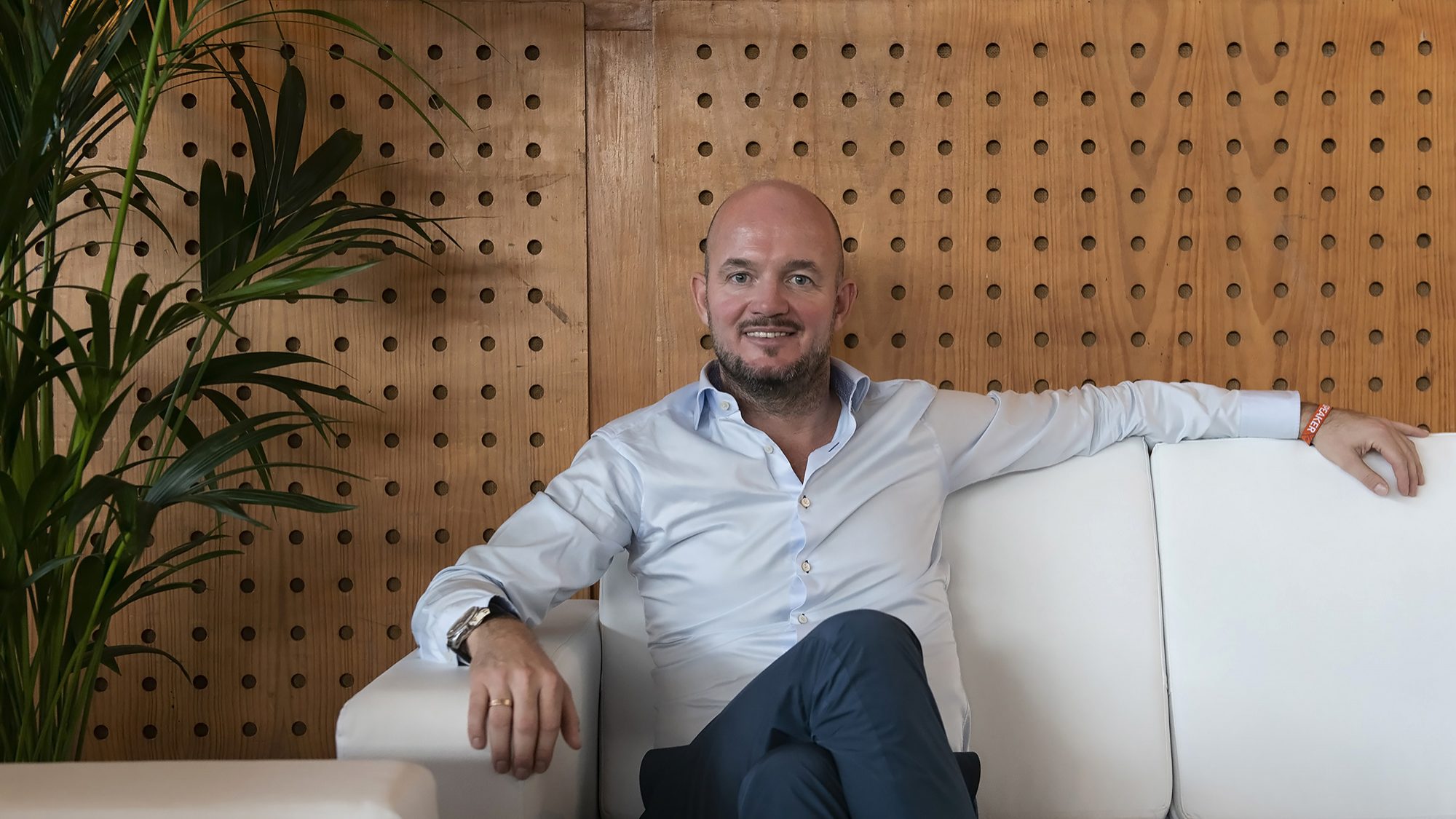Sale of Efacec goes to the 3rd phase and may end up being split in two
DST and Sodécia have presented binding offers to buy Efacec, but require new public guarantees. The process should move to a 3rd phase and it is admitted that the company may be "split" in two.
The government has selected five candidates for the second phase of Efacec’s reprivatisation, but only two have presented binding offers and, given the nature of the offers, the government is now considering a third phase of negotiations with DST and Sodécia, which could lead to the division of the industrial company. “Both offers are bad and require State guarantees,” a source close to the case told ECO.
The deadline to submit binding offers for the reprivatisation of Efacec ended on July 19 and Parpública only received two – from the two Portuguese groups DST and Sing-Investimentos Globais (linked to the industrial company Sodecia). None of the other three candidates – China’s Chint Group Corporation, Elsewedy Electric, from Egypt, and Spain’s Iberdrola – have advanced to the second phase of submission of binding offers.
The reason for the withdrawal of the other three candidates is “simple”: a deterioration of the company’s financial situation and increasingly difficult economic prospects. Efacec ended last year with a financial debt of €184.2 million, €63.1 million more than the previous year. Despite the results report mentioning a negative EBITDA of €20.2 million in 2020, in due diligence, the competitors rather point to a negative adjusted EBITDA of €60 million in 2020 and of around €30 million this year, ECO found out from another source.
The two bidders have presented offers for the purchase of the state’s shareholding position with marginal values, between €1 and €1 million, and both consider that an investment plan worth tens of millions of euros will be necessary to recover it. On the other hand, they are demanding public guarantees that, in practice, may translate into further public investment in the company. Faced with this scenario, the government is inclined to move on to a new phase of negotiation with the two companies, admitting that it may be necessary to “split” Efacec between the mobility and industrial areas, with the goal of limiting the risks for the state in the operation.
When officially contacted, the Ministry of Economy under Siza Vieira (who led the nationalisation of the company) referred any answer to the Ministry of Finance. And João Leão’s ministry, questioned by ECO, merely replied that the process of analysing the offers is underway and any decision will be taken in the Council of Ministers.


